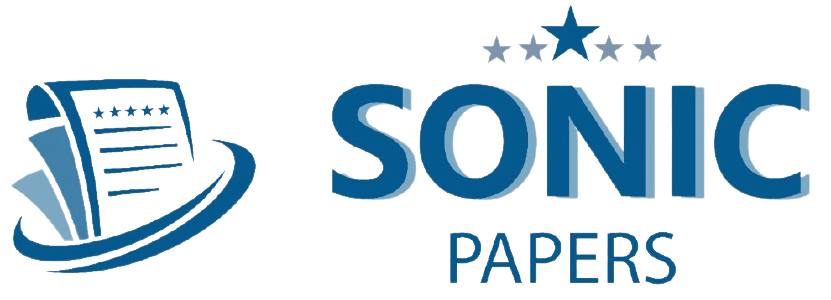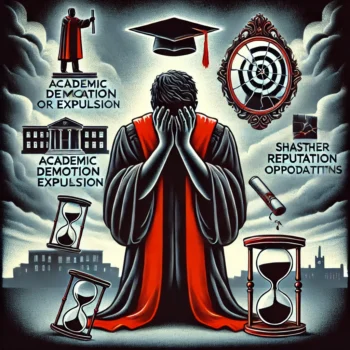Academic research is the bedrock of human knowledge, improvement, and creativity. It serves as the foundation for understanding everyday life, developing transformative technologies, and achieving unprecedented feats. Central to this endeavor is the scholar’s duty to pursue truth honorably, acting honestly and responsibly in all academic matters. However, plagiarism—the act of presenting others’ ideas, words, or work as one’s own—threatens to undermine this commitment and the integrity of academic research.
Reflection on the Anatomy of Plagiarism In the Contemporary World
In today’s world, plagiarism encompasses using another person’s work without consent, ranging from verbatim copying without acknowledgment to paraphrasing without attribution. Recognizing the various forms of plagiarism is essential for developing critical thinking skills and raising awareness about this issue, especially in the digital age.
The Ladder of Sin: Degrees of Plagiarism
The act of plagiarism is not as simple as pencil and paper theft; it is a staircase where the top is cheating while at the bottom, a student merely copies passages without shaping it into a new idea. It is important to differentiate between different types in this spectrum since it is only possible to see the different shades of plagiarism and how they should be handled.
At one end of this continuum is deliberate and premeditated cheating, in which a person consciously submits work owned by someone else with full knowledge that they are not the author, and without the consent of the writer.
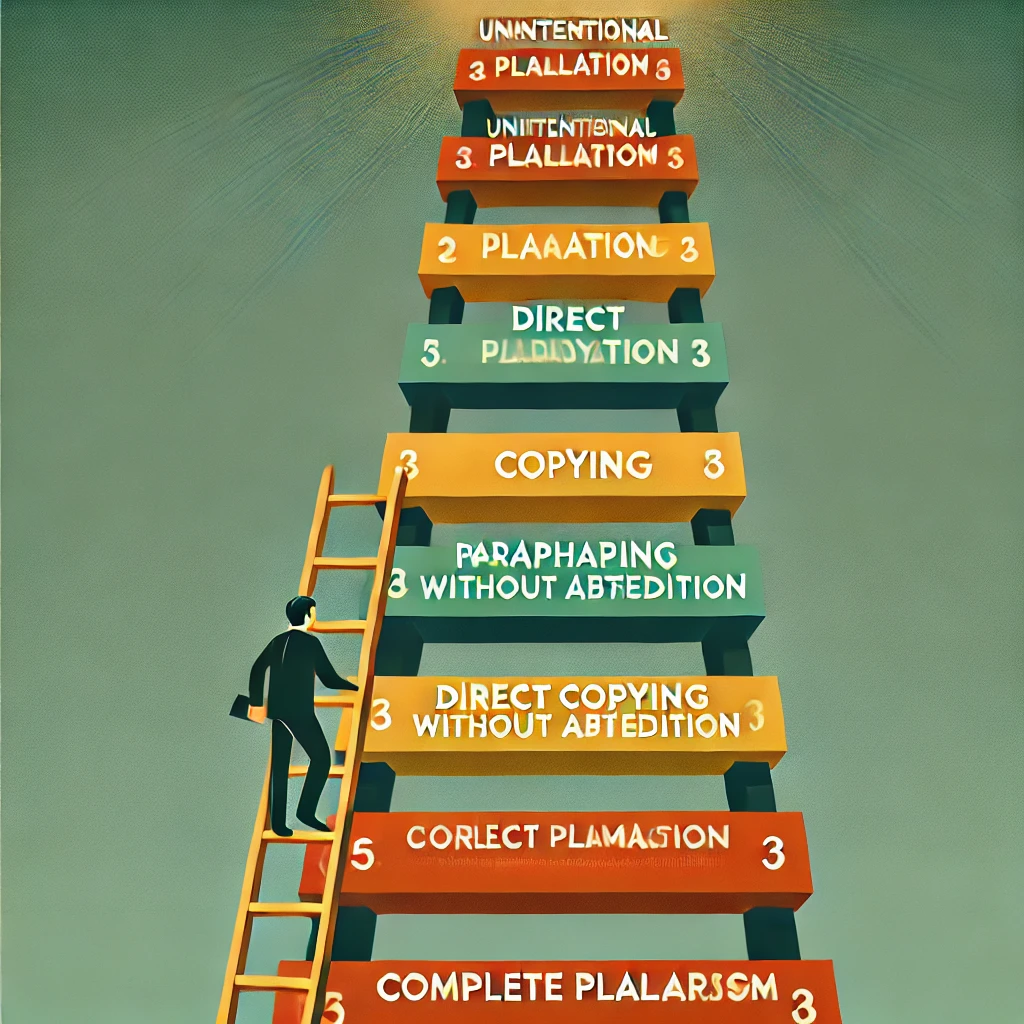
Far from it, however, is the practice of paraphrasing or summarizing someone else’s ideas without appropriate citation. Although the words may be changed, the ideas and concepts remain the author’s property, and not citing them as such violates the principles of academic dishonesty.
Unintentional plagiarism for instance whereby a researcher fails to give proper citations due to forgetfulness or ignorance of the rules may prove disastrous. While the motivation may not necessarily be conniving, the effect produced is one whereby a person uses the work of another without proper attribution.
The Effects of Plagiarism
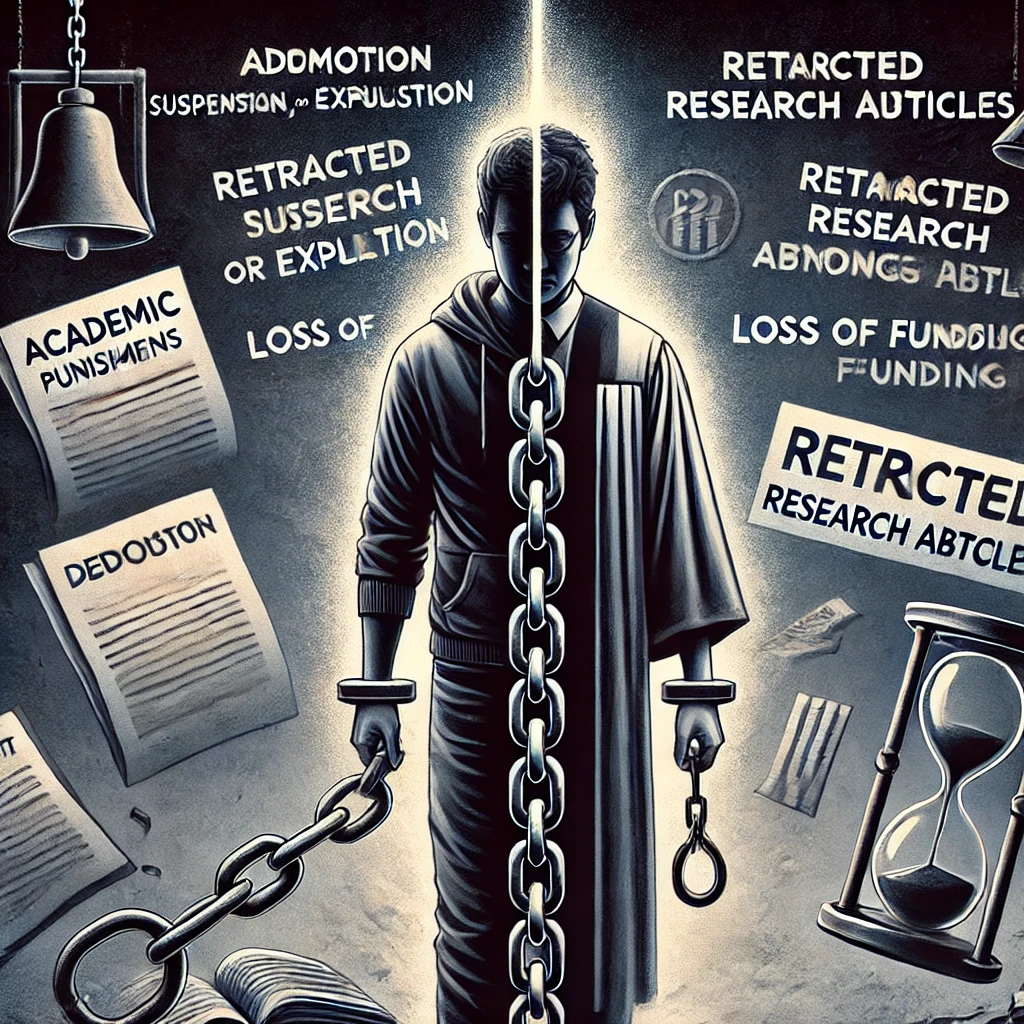
Plagiarism has far-reaching consequences that should not be underestimated. The repercussions are severe not only for individuals but also for the entire academic community. For instance, on a personal level, being caught plagiarizing can lead to harsh academic punishments such as demotion, suspension, or even expulsion. In professional circles, it can result in retracted articles, loss of funding opportunities for research, and, perhaps most damaging, the loss of one’s credibility and integrity among peers and colleagues.
Beyond individual consequences, plagiarism threatens the very foundation of scholarly work. When integrity in research is compromised, the trustworthiness and value of academic contributions are called into question. This erosion of trust can stifle innovation, hinder collaboration, and lead to public skepticism about the reliability of scientific research.
Accordingly, maintaining ethical standards in research goes beyond simply avoiding plagiarism. Upholding academic integrity involves adhering to all ethical guidelines, citing sources properly, acknowledging the contributions of others, and ensuring transparency and honesty throughout the research process.
Ethical Research Practices

In this regard, integrity is a fundamental principle that spans all scholarly practices, ensuring that research is conducted according to the highest ethical standards. These standards govern various aspects of academic work, including the treatment of human and animal subjects, the transparent disclosure of data, and the avoidance of conflicts of interest that may compromise the research. By adhering to these ethical principles, researchers not only produce work that is logically and technically sound but also morally and socially responsible, upholding the trust and credibility essential to the advancement of knowledge.
Academic honesty and Plagiarism
Peer review, plagiarism, and citation: these are perhaps the most critical aspects of academic writing that relies on source material. I also found this more true and agreeable to affirm that sometimes when using different words to restate someone else’s idea, or even using someone else’s data set or implementing paradigms, it is up to the individual to ensure that they do not infringe on another’s intellectual property. Not only must they comply with relevant intellectual property laws, but ensuring proper attribution also increases the transparency and credibility of their work.
Implementing and fostering academic integrity
Upholding academic integrity in today’s academic environment is crucial because it forms the foundation of trust, credibility, and the advancement of knowledge. By dedicating time and effort to fostering academic integrity, professionals, institutions, and the academic community as a whole ensure that scholarly work remains honest and reliable. Initiating this process through awareness and sensitization is key to preventing academic dishonesty and plagiarism, which can severely damage reputations, undermine research quality, and erode the academic system’s credibility. Therefore, implementing and fostering academic integrity is essential for maintaining high standards in education and research, which ultimately supports the integrity of the knowledge that drives societal progress.
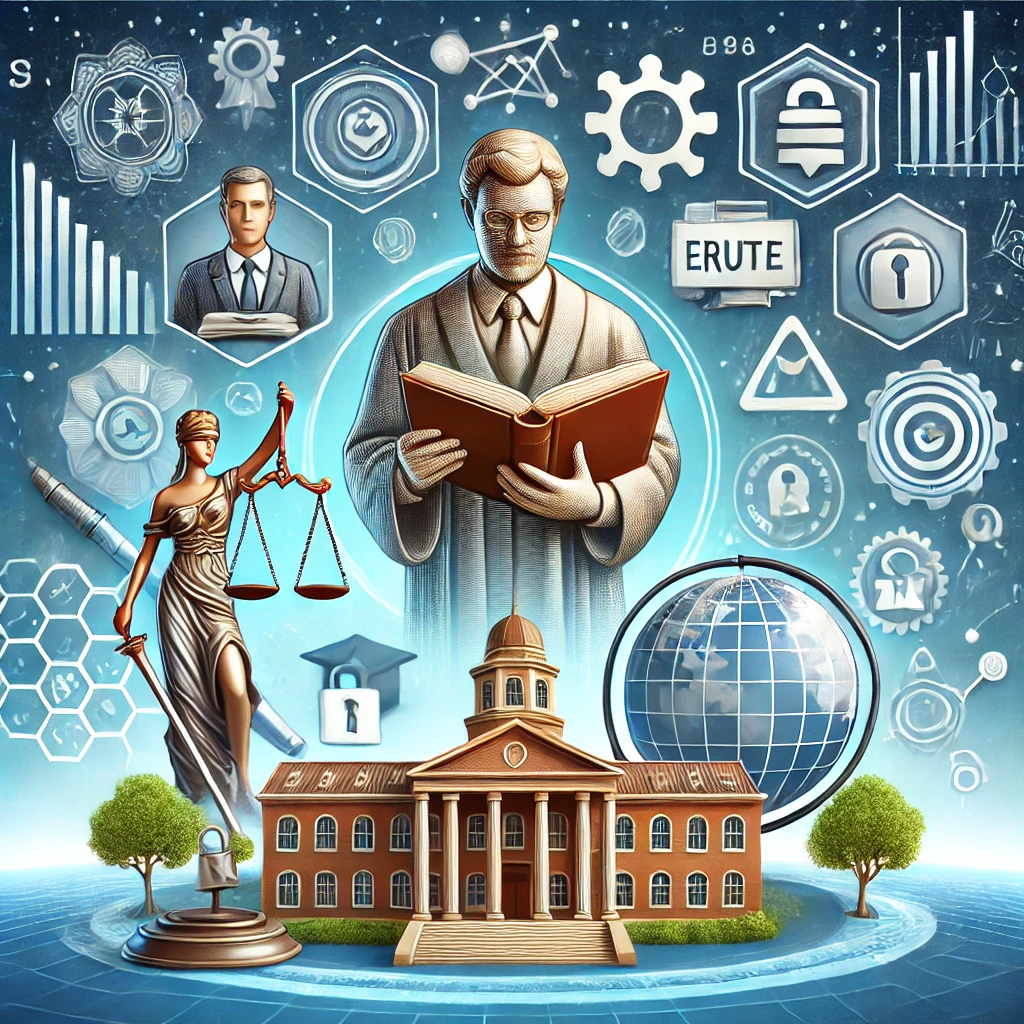
Sharing and Authorship Credit: Sharing and giving authorship credit are equally crucial in today’s collaborative research environment. With many projects involving multiple contributors, it is vital to maintain academic integrity by correctly and fairly citing all contributors. This not only ensures that everyone involved receives appropriate recognition but also promotes a culture of teamwork over individual ambition, a necessary shift in environments often dominated by personal career advancement, especially in large organizations and corporations.
Accordingly, below we discuss ways in which we can implement and foster academic integrity
Education and Training:
Effective education and training programs are key to embedding the principles of academic integrity. These programs equip researchers, regardless of their career stage, with the tools and knowledge to properly cite sources, navigate ethical challenges, and recognize where plagiarism may occur. By fostering a culture of integrity through education, academic institutions ensure that researchers are prepared to handle these issues responsibly, thus maintaining the credibility and quality of their work.
Policies and Laws on Academic Integrity:
Most of the compliance about academic integrity can be attributed to policies and laws compounded by institutions of learning and research. Clear policies and laws are crucial to maintaining ethical standards in academia. Institutions that develop and enforce straightforward, fair policies on plagiarism and research misconduct help create an environment where ethical behavior is expected and violations are clearly understood. Implementing these policies not only deters dishonest practices but also reinforces the importance of ethical research and its role in advancing knowledge.
Technological Approaches to Biased Writing:
Technology, while increasing the accessibility of information, also presents new challenges in maintaining academic integrity. Plagiarism is easier to commit in the digital age, making the need for robust detection tools more important than ever. The rise of plagiarism detection software like Turnitin, Ithenticate, and Grammarly has become instrumental in combating academic dishonesty. These tools allow institutions and researchers to uphold integrity by identifying copied content, ensuring that research remains original and trustworthy.
Online Reference Management Tools and Their Role in Academic Integrity:
The development of online reference management tools like Zotero, Mendeley, and EndNote has significantly aided researchers in managing and citing sources accurately. These tools, widely used by students and professors, help organize bibliographic entries and archive cited references. Additionally, by automatically generating formatted in-text citations and reference lists, they minimize the risk of unintentional plagiarism, ensuring that researchers maintain proper citation practices and academic integrity.
Limitations and Ethical Considerations of Technology in Plagiarism Detection
Despite the advantages these tools provide, there are limitations and ethical concerns that must be addressed. Plagiarism detection software, while helpful, is not infallible—it may flag legitimate work as plagiarized or fail to detect accidental plagiarism. Furthermore, over-reliance on citation generators can prevent students from fully grasping the citation process, reducing their understanding of proper referencing techniques. This highlights the need for researchers to use these tools responsibly and continue developing their knowledge of ethical research practices.
Implications of Plagiarism and the Importance of Academic Integrity
Plagiarism poses a significant threat to the essence of research, as it undermines trust and damages the credibility of scholarly work. By adhering to ethical standards and supporting the responsible use of technology, the academic community can collectively safeguard the quality and integrity of research. Promoting academic integrity ensures that scholarly endeavors contribute to societal progress by maintaining high ethical standards and continuously improving the research process.
In this context, implementing and fostering academic integrity becomes essential, not only for the individual researcher but for the academic community as a whole. By addressing these limitations and ethical concerns, and promoting the use of technology in a responsible manner, academia can ensure that research remains trustworthy and beneficial to society.
Conclusion
Together, these measures highlight why it is essential to implement and foster academic integrity. Without a strong focus on these principles, the credibility of research, the reputation of institutions, and the value of academic contributions would be at risk. By committing to education, clear policies, and technological solutions, the academic community ensures that scholarly work remains honest, reliable, and socially beneficial.
